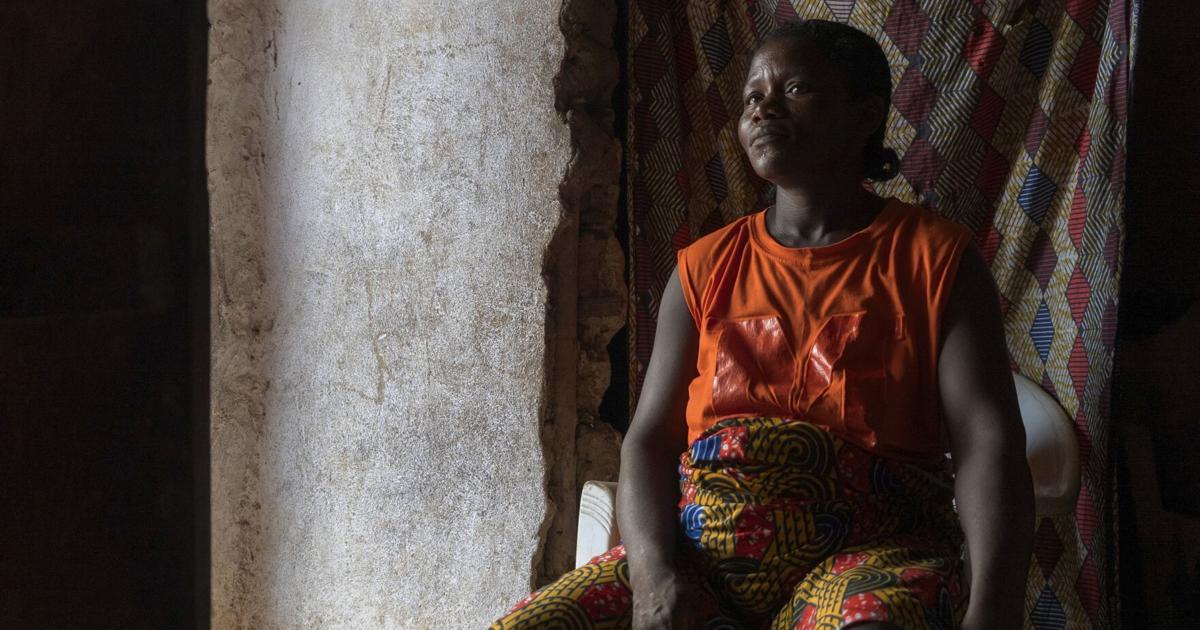
Impact of U.S. Aid Cuts on Health Services in Liberia: A Growing Concern
SARWORLOR, Liberia (AP) — The recent reductions in U.S. aid are having a profound impact on the fabric of health services in Liberia, raising alarms about the country’s ability to sustain essential medical care. This development comes at a time when many clinics are already struggling to provide adequate health services to the population.
For years, U.S. financial support has been a critical lifeline for Liberia’s health care system. This support has enabled numerous clinics to provide access to necessary medical treatments, maternal health services, and vaccinations. However, with the recent cuts, these institutions are now facing dire circumstances, risking the health and well-being of vulnerable populations, particularly undernourished children and their families.
Healthcare facilities across Liberia report an escalating trend of overwhelmed staff as they attempt to cope with mounting patient needs amid dwindling resources. The cuts have led to significant shortages in medical supplies, diminishing the capacity to treat common ailments. Moreover, the cessation of financial aid threatens to exacerbate existing health challenges, including maternal and infant mortality rates, which already reflect a precarious public health situation.
According to health experts, the implications of reduced U.S. funding extend beyond immediate medical needs. The loss of essential support affects public health campaigns, including programs aimed at combating infectious diseases like malaria and tuberculosis, both of which remain prevalent in the region. The lack of funding also jeopardizes preventive measures and educational initiatives that are crucial for reducing the incidence of diseases in the community.
The socio-economic repercussions of these cuts are multifaceted. Families, already struggling with poverty, are now often forced to choose between accessing healthcare and meeting other basic needs such as food and education. These hard decisions impact child health, resulting in increased rates of malnutrition and long-term developmental challenges.
As Liberia confronts these significant challenges, stakeholders emphasize the urgent need for alternative funding solutions to bridge the gap left by U.S. aid reductions. Non-governmental organizations and community groups are stepping up efforts to raise awareness, increase local fundraising initiatives, and seek partnerships to support health services.
In light of the current situation, it is increasingly critical for both local and international actors to address the impending healthcare crisis in Liberia. Without prompt action, the long-term health outcomes for the population could be severely compromised, jeopardizing years of progress made in improving the country’s health infrastructure.

